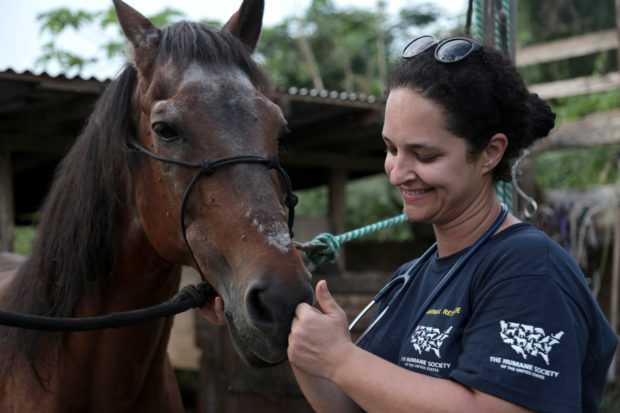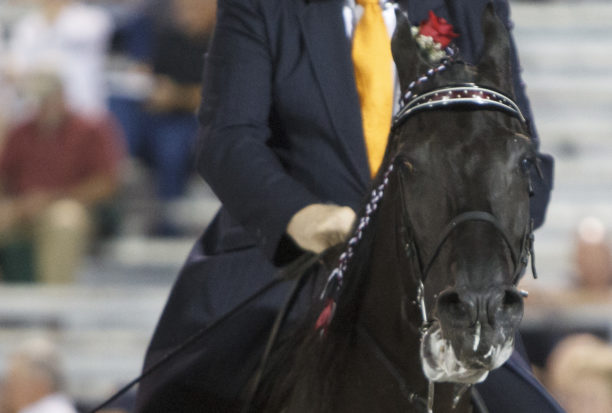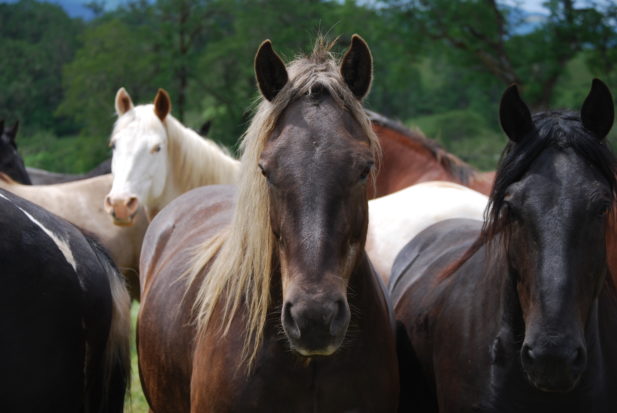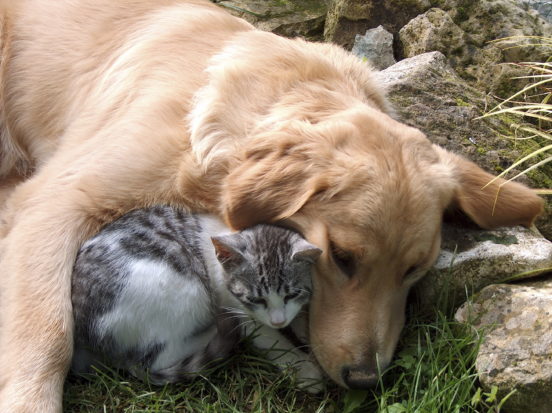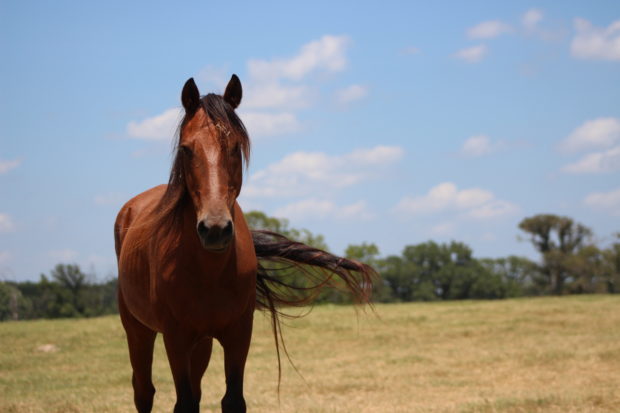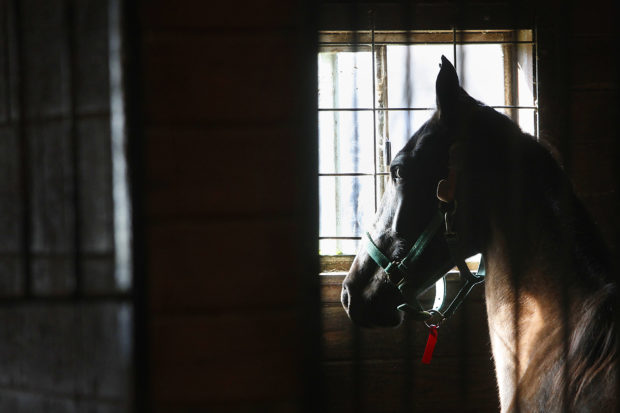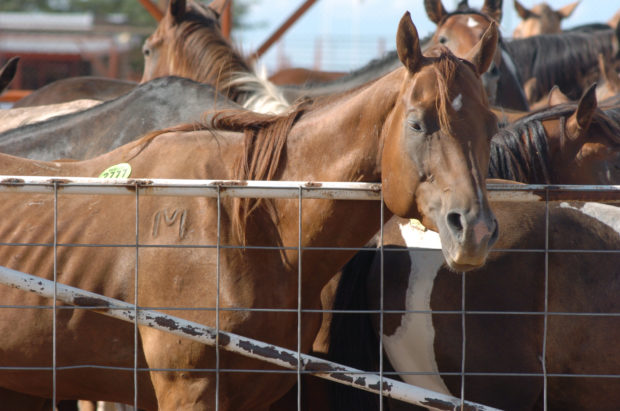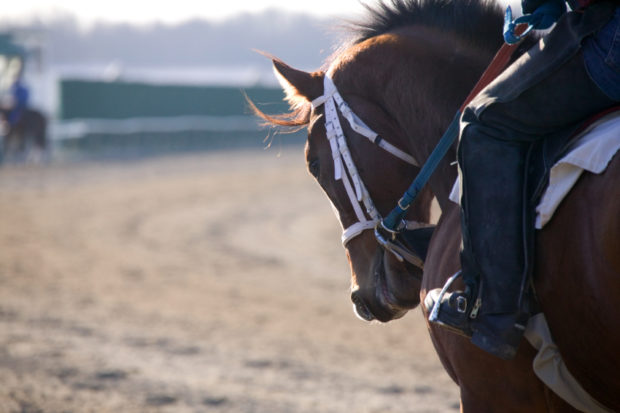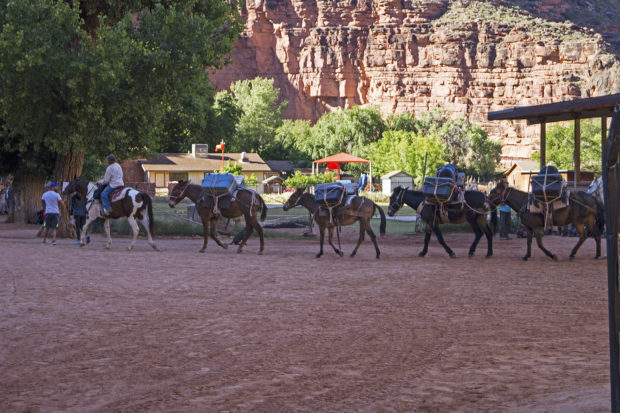USDA ponders disastrous plan to eliminate government inspections for licensed breeders, zoos, and researchers, and allow self-policing by third parties
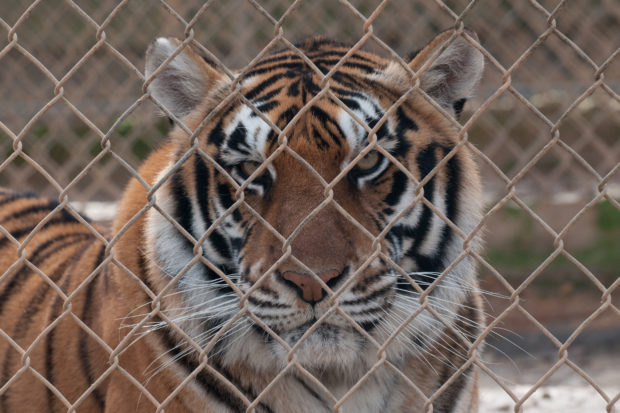
The political operatives who took over at the U.S. Department of Agriculture a year ago say they now want to turn over federally funded inspections of puppy mills, roadside zoos, and research labs to the very groups using the animals. Photo by Kathy Milani/The HSUS
After purging thousands of Animal Welfare Act inspection reports and violation notices that used to be available to the public and were searchable online, the political operatives who took over at the U.S. Department of Agriculture a year ago say they now want to turn over federally funded inspections of puppy mills, roadside zoos, and . . .
The post USDA ponders disastrous plan to eliminate government inspections for licensed breeders, zoos, and researchers, and allow self-policing by third parties appeared first on A Humane Nation.
Related Stories
- A Humane Nation’s top 10 blogs for 2017
- Federal action for animals mixed in 2017, as additional threats and opportunities loom
- California, again, ranks as the nation’s most humane state, while the Dakotas, Mississippi at bottom of list

